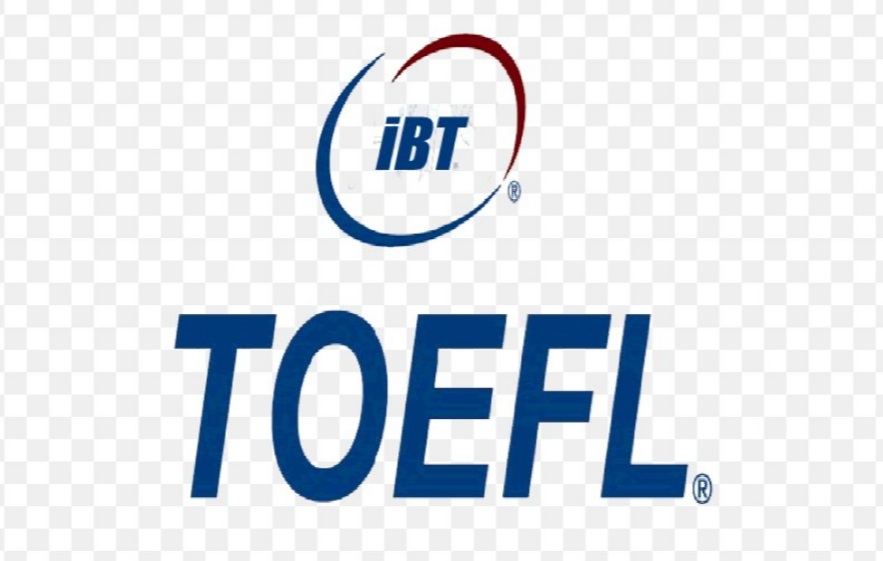
TOEFL (Test of English as a Foreign Language) is the standard test that measures the knowledge of the English as a foreign language. TOEFL is the most common and popular that is widely recognized and valid in over 9’000 universities and agencies in the world; most of which are English spoken faculties for bachelor, master and PhD degrees, recruitment agencies, immigration criteria in most of the countries etc. The required English language to be successful in this exam needs to be between intermediate to advanced. TOEFL exam consists in 4 parts: Reading, Listening, Writing and Speaking. Each part has 30 points, by resulting so in 120 points in total. However, these points depend on the request of the institution that you will submit the results to due to where the main focus of their English skill is, either spoken, listening, speaking or writing. The minimum points usually vary from 60 to 120 in total. However, even though there isn’t a certain number of points in TOEFL that makes you a pass the exam, the results of this exam emphasis your level of English language.
